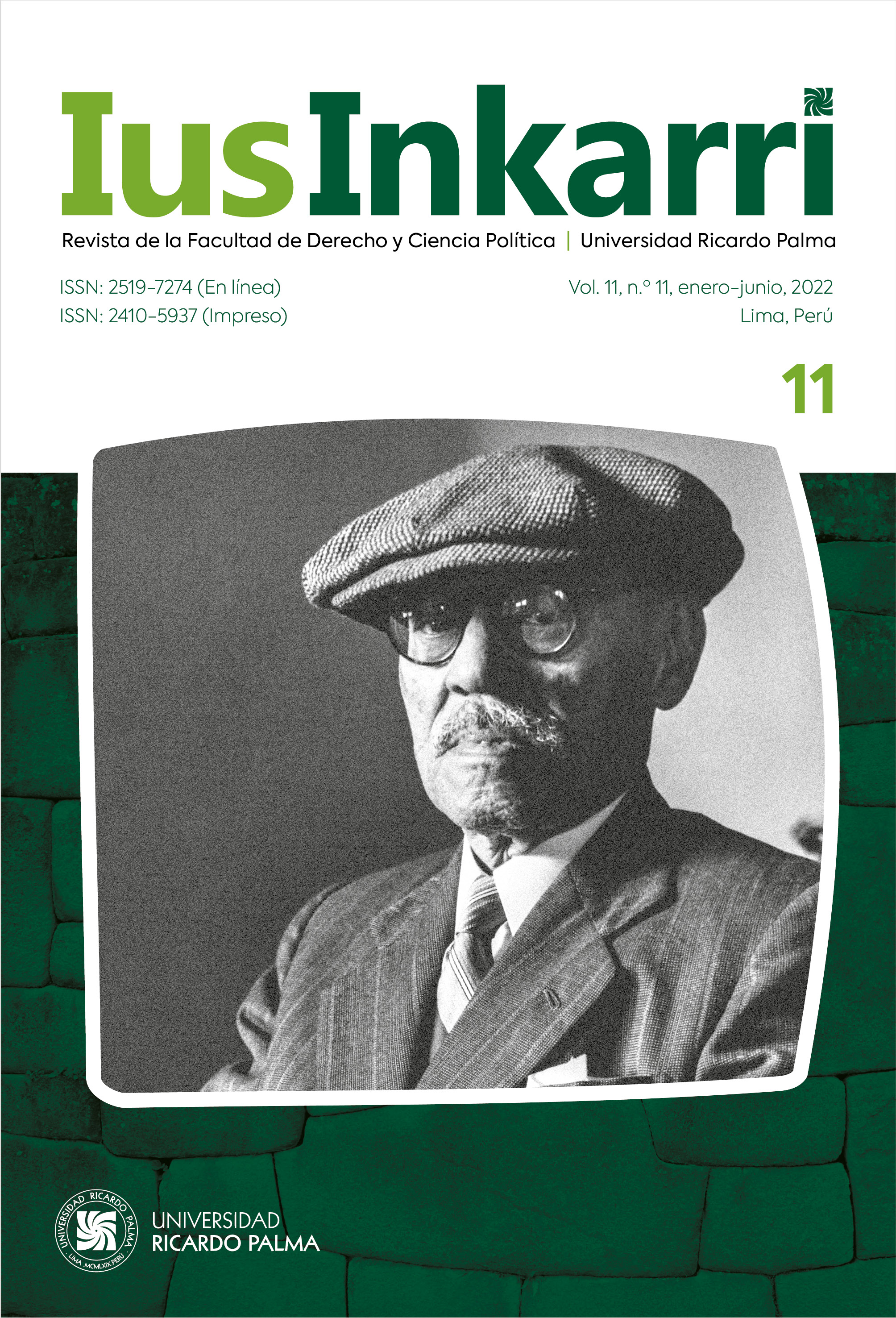A diversity of manifestations of humanism
DOI:
https://doi.org/10.59885/iusinkarri.2022.v11n11.06Keywords:
humanism, christianity, marxism, existentialism, rationalism, freedom, equality, dignity, just society, classless society, liberation, dominationAbstract
In the present article we explain what humanism as an ideology consists of. After a general definition, we describe its various manifestations, from Christian humanism, which was its first expression, through the Marxist and existentialist, and concluding with the rationalist. Despite their different points of view, theoretical framework and historical moment in which these humanisms are born, we find in all of them a common denominator based on the recognition of human dignity. From our point of view, humanism is a revolutionary political-ideological alternative because it has contributed to the transformation of human beings and societies, but it is also characterized by being trans ideological, because its postulates are immersed in the majority of the ideologies that pursue the full liberation of people to achieve a society free from all forms of domination and thus consolidate a just, nonarbitrary and symmetrical society, until reaching a classless society. Through humanism we can consolidate the principles of freedom, equality, dignity, fraternity and happiness, as well as self-government. We consider humanism in the 21st century to be the politicalideological alternative to neoliberal ideology, which has become a dominant world view, just like the nationalistpopulist versions that harbor neofascist and authoritarian nationalist discourses. Through the application of humanist principles, a participatory democratic socialism can be built. To reach this goal, the means must be democratic since, as historical experience has proved, the totalitarian path to equality has failed. We cannot be equal if we are not free, because when freedom is suppressed, inequality prevails.
Downloads
References
Camus, A. (1975). El hombre rebelde. Losada.
Chomsky, N. (1972). Conocimiento y libertad. Ariel.
Ebenstein, W. (1965). Los grandes pensadores políticos. Revista de Occidente.
Fedoséiev, P. (1975). El comunismo y la filosofía. Progreso.
Gutiérrez, G. (1973). Teología de la liberación. Perspectivas. Ediciones Sígueme.
Gutiérrez, G. (1979). La fuerza histórica de los pobres. CEP.
Illich, I. (1972). La sociedad convivencial. CIDOC.
Kant, I. (1904). Fundamentación de la metafísica de las costumbres. El Liberal.
Keshelava, V. (1977). El humanismo real y el humanismo científico. Progreso.
Marx, K. (1974). Cuadernos de París. Ediciones Era.
Miró Quesada, C. F. (2014). Humanismo y revolución. Universidad Ricardo Palma.
Russell, B. (1970). Perspectivas de la civilización industrial. Aguilar.
Sartre, J. P. (1971). Materialismo y revolución. La Pleyade.
Sartre, J. P. (1975). El existencialismo es un humanismo. Sur.
Villarreal, A. (1973). Nueva izquierda y revolución. Panamá.
Downloads
Published
How to Cite
Issue
Section
License
Copyright (c) 2022 Francisco Miró Quesada Rada

This work is licensed under a Creative Commons Attribution 4.0 International License.













